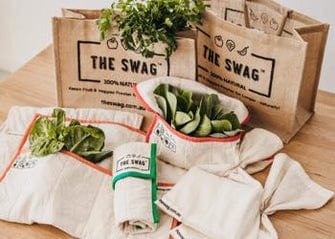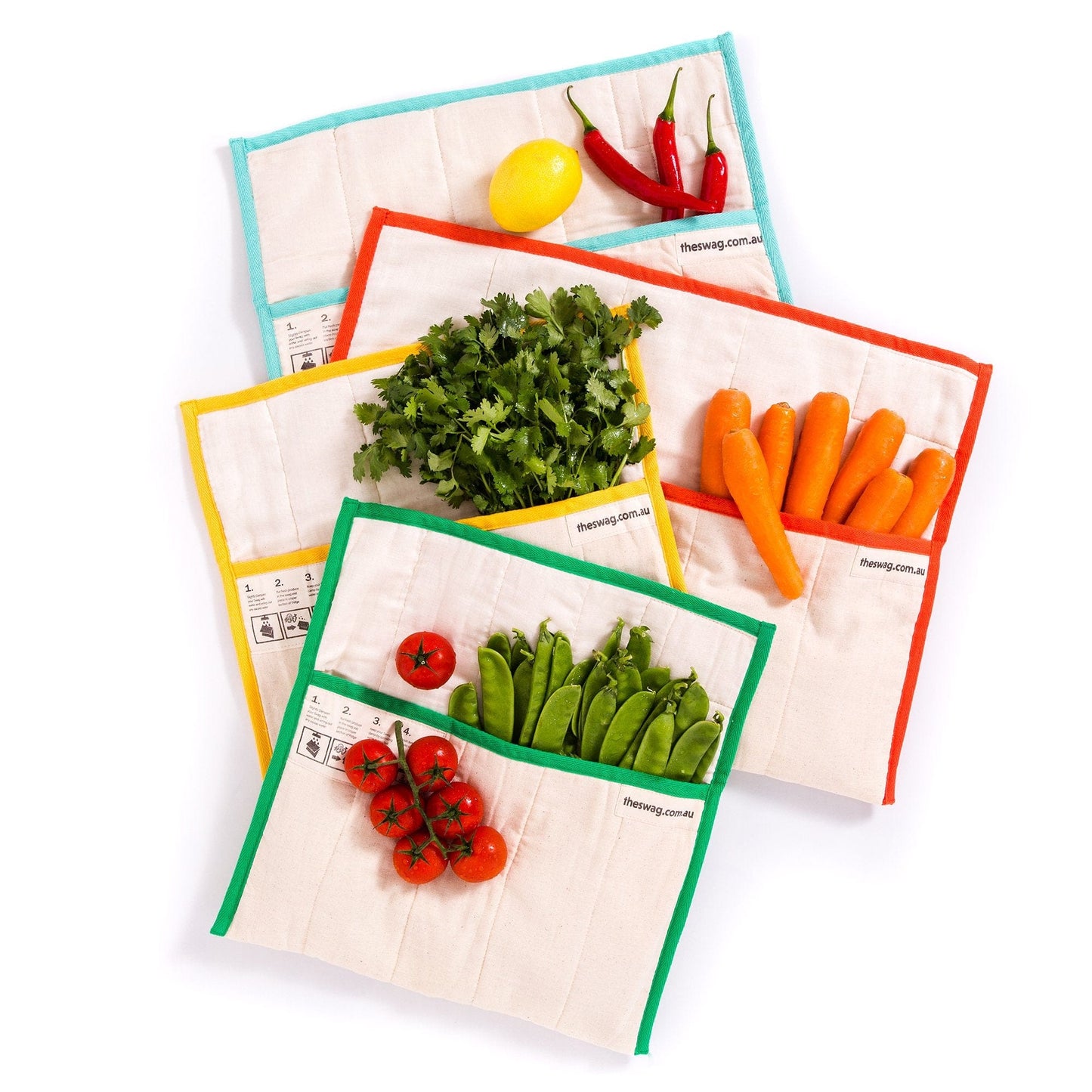Fruit and vegetables are rich in vitamins, minerals and phytonutrients but today, they are also loaded with heavy chemicals. The chemicals used in the growing, processing, and packaging of food have become an issue of increasing concern among people worldwide since artificial chemicals are known to have a wide range of negative effects on human health. But don’t worry, there are many ways to reduce the amount of synthetic chemicals you consume without sacrificing your favourite foods. Read on to learn about the low-chemical fruits and vegetables found in Australia and tips to reduce your exposure to chemicals.
Australia and chemicals - a love story
Australian farmers grow a wide variety of fruits and vegetables, and the majority of Australian produce undergoes extensive chemical treatments to improve its appearance, increase shelf life or increase the flavour of the produce. Sadly, Australia has more than 800 formally registered pesticides available for purchase, and 75% of them are used in agriculture. A report released at the end of 2022 declared that at least 70 chemicals banned in the US, EU, UK are still used in Australia.
- Top fruit and vegetables with the lowest levels of chemicals
Every year in the USA, the Dirty Dozen and Clean 15’s lists are released. The lists can give other countries (like us) an indication of what to avoid, what to consume, and when to buy organic produce (if your budget allows), considering many of our agricultural practices are similar. The fruit and vegetables that contain the least amount of chemicals in the US are:
- Avocados
- Sweet Corn
- Pineapple
- Onions
- Papaya
- Sweet Peas (Frozen)
- Eggplants
- Asparagus
- Cauliflower
- Rockmelon
- Broccoli
- Mushrooms
- Cabbage
- Honeydew
-
Kiwi Fruit
- Why aren't thick-skinned fruit safe to eat - if you peel the skins off anyway?
According to Made in Nature states that the chemicals used in growing conventional bananas or other thick skin fruit like oranges, graprefruits are not only on the surface, but also penetrate the soil where the fruit is grown. As a result, even when peeling the fruit, some of the chemicals can still be ingested.
- 4 ways to reduce your exposure to chemical food additives
- Buy fresh fruit and vegetables in season: Fresh produce is more likely to be grown without synthetic chemicals.
- Buy local produce: Buying local means less transportation or storage time which leads to fewer chemicals being used.
- Buy fruit and vegetables that are not overly ripe: Ripe produce that is sold in local grocery stores has almost certainly been sprayed with artificial chemicals. Ripe produce has been found to contain a high amount of pesticides.
- Buy organic produce: This is often the best option for reducing your exposure to artificial chemicals. Check out your favourite farmer’s market, your nearest independent grocer, community garden, or grab a Vegepod like us and start your own veggie garden!
It is well known that organic produce stays fresh for less longer than chemically sprayed produce but luckily, The Swag keeps all fruit and vegetables fresh and crisp for more than two weeks even produce you’ve grown yourself! With The Swag, you can eat better, toxin-free, nutrient-rich produce, and you won’t waste money on food waste!



